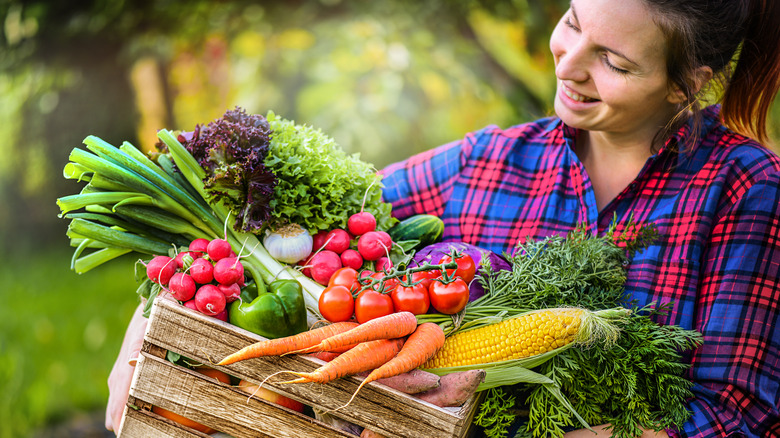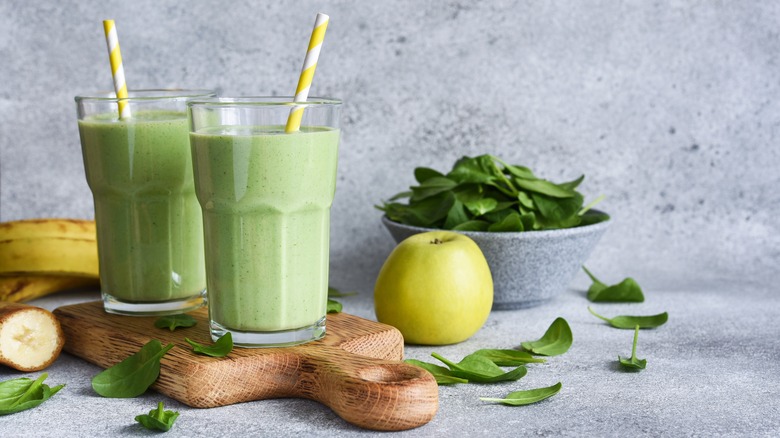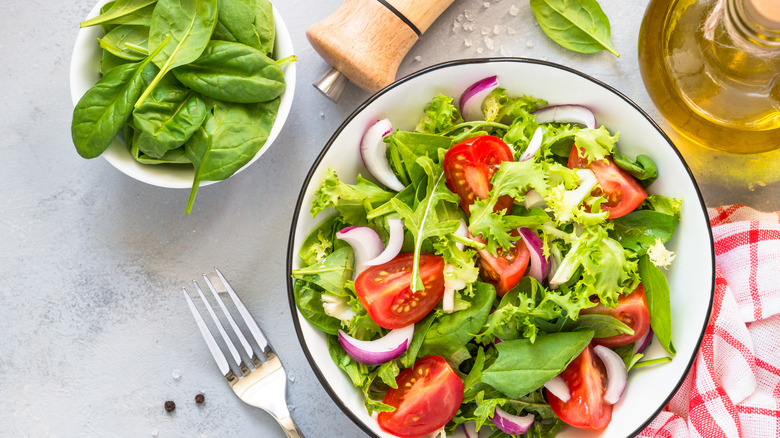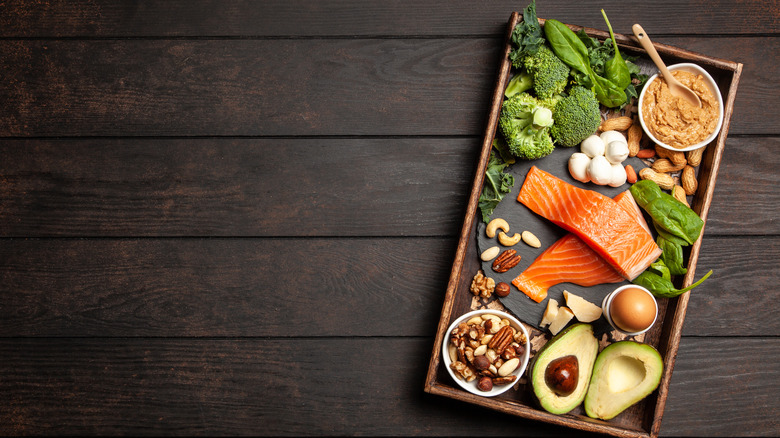The 80/10/10 Diet Explained
The 80/10/10 diet, created by Dr. Douglas Graham, is a raw, vegan diet that claims to provide "off-the-charts wellness" and a "perfect weight no matter your body type." Dr. Graham, a "raw foodist," lifetime athlete, and retired chiropractor, created the 80/10/10 diet originally for athletes to promote longevity, decrease the risk of chronic illnesses, and promote the maintenance of a healthy weight. Rather than a typical diet that is followed for a specific amount of time, the 80/10/10 diet is a way of eating for the rest of your life for optimum health. The diet is also known as 811, 811rv, and LFRV (low-fat raw vegan).
According to Graham's website, the 80/10/10 lifestyle boasts vitality and energy without the need for supplements or meal replacements. It claims that it will protect you from diabetes, Crohn's disease and colitis, cancer, and chronic fatigue syndrome. You'll also be able to attain a "natural weight" through this lifestyle, Graham states.
What is the 80/10/10 diet?
The 80/10/10 diet is a low-fat, vegan approach that ideally consists of eating 80% carbohydrates, 10% protein, and 10% fats. The diet consists of getting most of your daily calories from raw sweet and unsweet fruits like apples, berries, zucchini, and cucumbers. The diet is based on the premise that humans are meant to get most of their nourishment from raw fruits and leafy vegetables, and that those are the foods the digestive system is physiologically built for digesting. Fatty raw foods like avocados, olives, and nuts should account for less than 10% of your daily calories when on this diet, and high-protein foods like eggs and meats are to be avoided completely.
The idea behind raw food diets like the 80/10/10 diet is that cooking food destroys the necessary nutrients and enzymes that are critical for digestion and immunity. Other proponents of raw food diets believe that heating food makes it more toxic to our systems (via Medical News Today).
What you can and can't eat on the 80/10/10 diet
Fresh, uncooked fruits and vegetables are staples in the 80/10/10 diet. Non-sweet fruits like tomatoes, cucumbers, and zucchini, and sweet fruits like apples, berries, and mangoes are allowed. Vegetables like broccoli, cauliflower, and cabbage are considered difficult to digest, so they're avoided on the 80/10/10 diet. Sweet fruits are considered to be ideal on the 80/10/10 diet, and large quantities of them can encompass a single meal. Leafy greens like kale, spinach, and chard can be blended into a smoothie or mixed as a salad. Fatty fruits like avocados, olives, and coconuts will comprise 10% of your total calories, and you can also include nuts and seeds to incorporate essential fatty acids (via VeganLiftz).
It shouldn't come as a surprise to learn that processed foods like bread, pasta, and rice aren't included in the 80/10/10 diet. You'll also have to eschew legumes, juices, superfoods, and any condiments. Meat, eggs, seafood, and dairy are also out for the 80/10/10 diet. You can drink smoothies and water, but alcohol, coffee, tea, and energy drinks aren't included.
Health effects of the 80/10/10 diet
The 80/10/10 plan suggests that a diet rich in raw foods can be detoxifying, assist with weight loss, and be beneficial for overall health. Research shows that a balanced diet rich in fruits and vegetables may decrease the risk of chronic medical conditions such as heart disease, diabetes, and cancer. One research study showed that those following a low-fat vegan diet may benefit from weight loss, which can reduce the risk of developing obesity. Further studies suggest that consuming only 10 percent of total calories from fat may help regulate blood sugar, and normalize blood pressure and cholesterol levels.
Although promising, the research is not specific to the 80/10/10 diet, which may have negative effects for its followers. The food requirements can make it challenging to eat an adequate amount, as many vegetables contain minimal calories, thus more food intake is necessary. Furthermore, there is no supporting research showing health benefits of restricting both fat and protein to a 10 percent caloric intake, but research suggests that adding more protein to your diet can preserve muscle mass and promote bone health.
A balanced diet is better
Elizabeth Boham, R.D., M.D., M.S., tells Women's Health that, even if you initially feel good on this diet, most people need more than the 10 percent allowance of proteins and fats to nourish their bodies and sustain a balanced appetite. "Fruit is a wonderful food, but it's not going to be able to give you all the nutrients you need," states Boham.
Furthermore, because fruit is a source of carbs, it can spike and drop your blood sugar, keeping you in a state of hunger, which Boham says will not likely help with weight loss. With any highly restrictive diet, it may be difficult to meet the proper nutrition requirements your body needs to be healthy, and due to the limitations of recommended foods, the diet is not sustainable long term. However, when looking to lose weight or improve overall health, it may be beneficial to increase your intake of fresh fruits and vegetables alongside a balanced diet.





